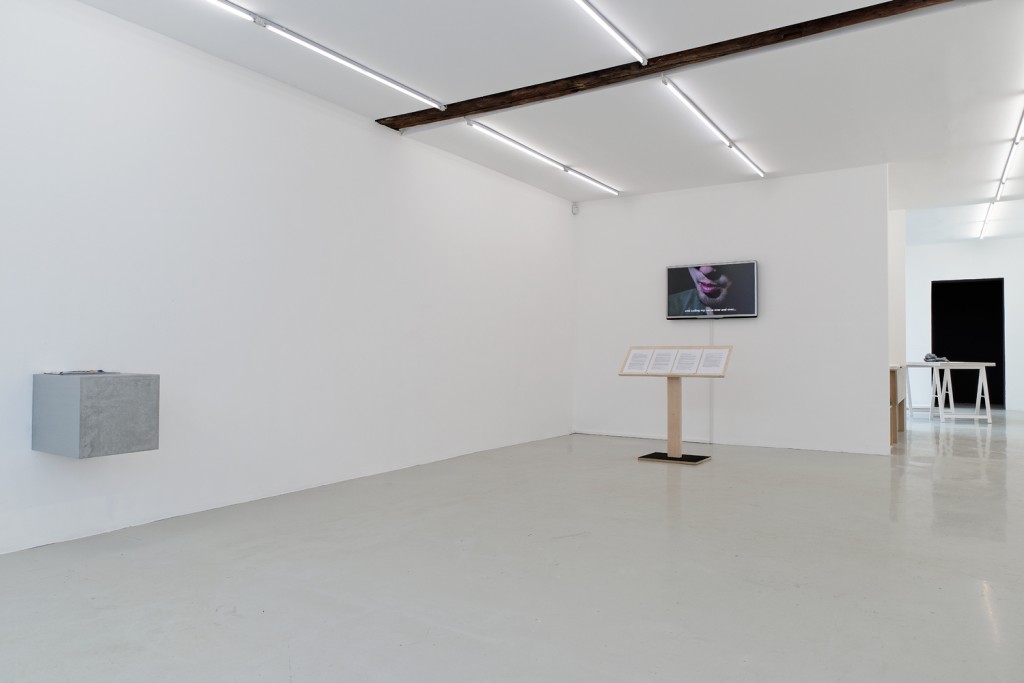
Depuis le 21 octobre 2014, la fondation Kadist présente Theory on the Desk, une exposition de l’artiste japonais Meiro Koizumi (né au Japon en 1976). Pour cette résidence, l’artiste a décidé d’élargir sa pratique en ne se limitant pas seulement à la vidéo.
Le titre Theory on the desk fait écho à la « armchair theory » qui développe une pratique de la réflexion basée sur l’énonciation d’hypothèses, littéralement, en restant assis derrière son bureau.
Durant son séjour à Paris, Meiro Koizumi a développé une recherche sur les japonais engagés dans la Légion étrangère. L’artiste est parvenu à entrer en contact avec deux d’entre eux pour échanger sur les raisons de leur engagement et leur quotidien. Le deuxième homme est le sujet de l’installation The Confessions dans lequel Meiro examine le fossé entre une guerre imaginée et une vraie expérience de celle-ci via un entretien avec ce légionnaire. La vidéo le présente comme le héros d’une guerre qui n’existe que par le montage de fragments de l’entretien. La « réalité » est matérialisée par une retranscription placée devant la vidéo. En manipulant le discours, Meiro Koizumi place le visiteur à la frontière entre réalité et illusion. En face, l’installation Fullmetal accueille le visiteur, comme une porte d’accès à l’univers de l’artiste et ses recherches sur l’identité japonaises et ses contradictions.
Travaillant sur l’expérience de la guerre, de la survie et de leurs représentations, l’artiste a réalisé une vidéo enregistrant le témoignage d’un rescapé de la seconde guerre mondiale, Monsieur Harada, ayant survécu à l’âge de huit ans au bombardement de la ville de Maebashi par l’armée américaine. Ce film intitulé Trapped Words et tourné dans cette même ville, questionne comment raconter une telle expérience, entre trauma personnel, vacillement de la mémoire et nécessité de témoigner. En écho à cette œuvre, Meiro Koizumi a réalisé Sleeping boy, composée de fragments sculptés du corps de son enfant disposés sur une table comme des restes archéologiques, évoquant d’une autre manière ce rapport à la « mise en danger », à la perte et à la ruine. Exposé sur un simple bureau en bois, l’artiste interroge la manière de parler de la guerre sans vraiment en avoir eu l’expérience : assis derrière son bureau ?
Rendre visible ce qui n’est pas montré, questionner l’humiliation et la culpabilité résultant de la défaite du Japon lors du dernier conflit mondial, explorer la résurgence récente des mythes nationalistes, sont autant de tâches auxquelles s’attèle Meiro Koizumi à travers ses vidéos, mais aussi ses performances, dessins et collages. Par le biais d’un travail spécifique sur le texte, le jeu des acteurs mais aussi sur le montage, ses vidéos ten¬tent de redonner voix à un passé irrésolu. Au montage, l’artiste n’hésite pas à couper, mixer, remonter les séquences afin d’offrir différents points de vue sur un même récit et d’incarner les multiples contradictions qui inner-vent l’histoire et l’« identité » japonaises, entre devoir de mémoire et droit à l’oubli.
Kadist Art Foundation souhaite soutenir la place des arts dans la société, à travers une collection, la production d’oeuvres d’art contemporain et la mise en place de programmes accompagnant principalement les artistes qui sont representés dans sa collection comme des acteurs de la culture. Les collections et les productions de Kadist sont le reflet de la dimension internationale de l’art contemporain et ses programmes développent des collaborations entre les contextes locaux de la fondation (Paris, San Francisco) et des artistes, curators et institutions artistiques du monde entier.
Since october 21st, Kadist Art Foundation presents Theory on the desk, an exhibition of the japanese artist Meiro Koizumi (born in Japan in 1976). For this residence, the artist decided to broaden his practice beyond the video.
The title Theory on the desk, reminds the « armchair theory », which develops a reflexion based on statement of hypothesis, sitting at our desk.
During his residency in Paris, Meiro Koizumi conducted research on Japanese men engaging in the Foreign Legion. Two of them agreed to explain the reasons for their commitment and their everyday lives. The second is the subject of Meiro Koizumi’s installation The Confessions, in which the artist examines the gap between «warrior fantasy» and real experience via an interview with this man. Indeed, the legionnaire, through the sound editing, finds himself in the position of a war hero while his real experience in the Legion is read, by the viewer, in front of the video. Manipulating speech, Meiro Koizumi places the viewer at the boundaries of fantasy and desillusion. The installation Fullmetal invites viewers as an access door to the artist’world and his researchs about Japanese identity and its contradictions
Dealing with the experience and the representations of war and survival, the artist is currently working on a video recording the story of a survivor of World War II, Mr Harada, who lived through an American bombing of the city of Maebashi when he was eight years old. The film Trapped Words questions the ways to narrate such an experience, between personal trauma and the necessity to deliver a testimony. In dialogue with this work, Meiro Koizumi realised a new sculptural piece Sleeping boy, made of fragments of a artist son’s body, displayed on a table like archeological findings, as another way to evoke this relation to the exposition to danger, the loss and the destruction. Exposed on a simple wooden desk, the artist questions how to talk about the war without having experienced it, sitting at his desk in his studio?
Rendering visible what is not shown, questioning the humiliation and the guilt arising from Japan’s defeat in the Second World War, scrutinizing commonly shared repressed desires and degraded humanity, as well as exploring the recent resurgence of nationalist myths, are but a few tasks that Meiro Koizumi dedicates himself to in his video works, but also in his performances, drawings and collages. By means of specific work on the text, the acting as well as on the editing, his videos try to give back voices to an unresolved past. During the editing process, the artist does not hesitate to cut and mix sequences in order to highlight different points of view on a same story and to embody the multiple contradictions, which inform both Japanese history and contemporary identity, between duty of memory and right to forget.
Kadist Art Foundation encourages the contribution of the arts to society, conducting programs primarily with artists represented in its collection to promote their role as cultural agents. Kadist’s collections and productions reflect the global scope of contemporary art, and its programs develop collaborations between Kadist’s local contexts (Paris, San Francisco) and artists, curators and art institutions worldwide.
Vues de l’exposition/oeuvres :
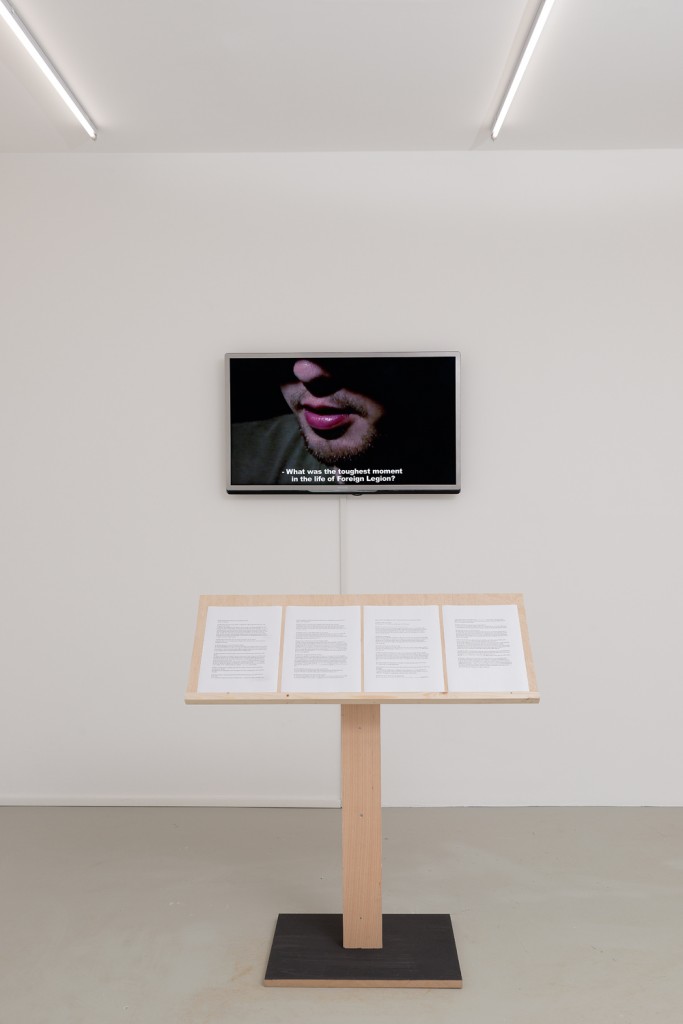
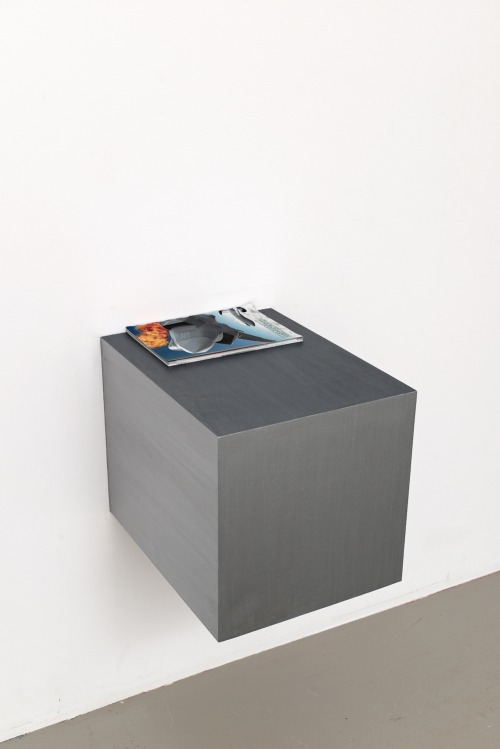
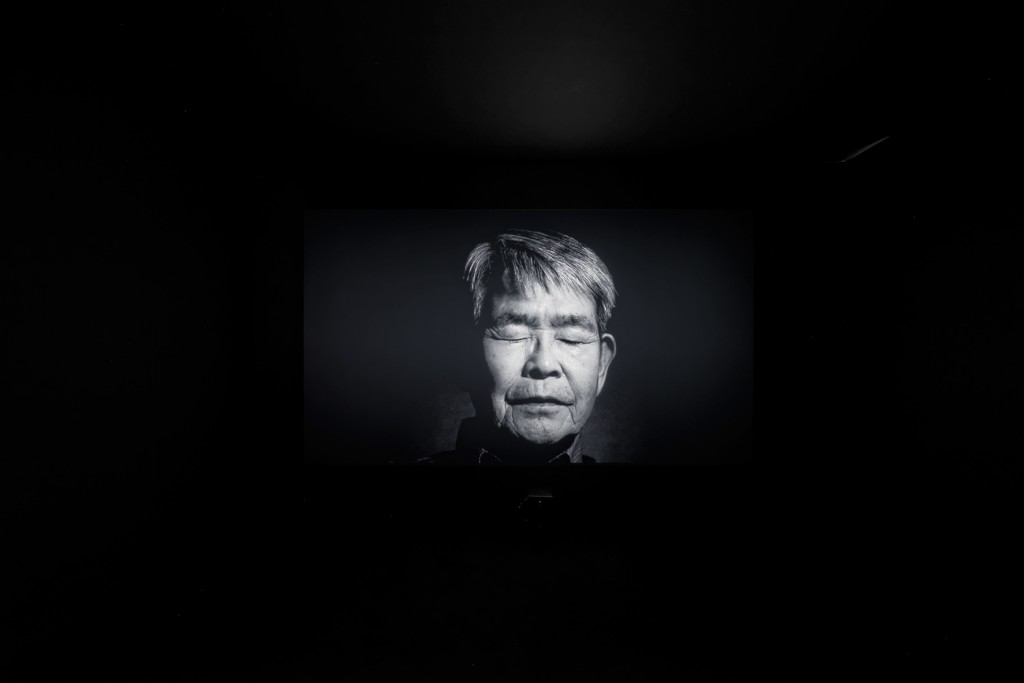
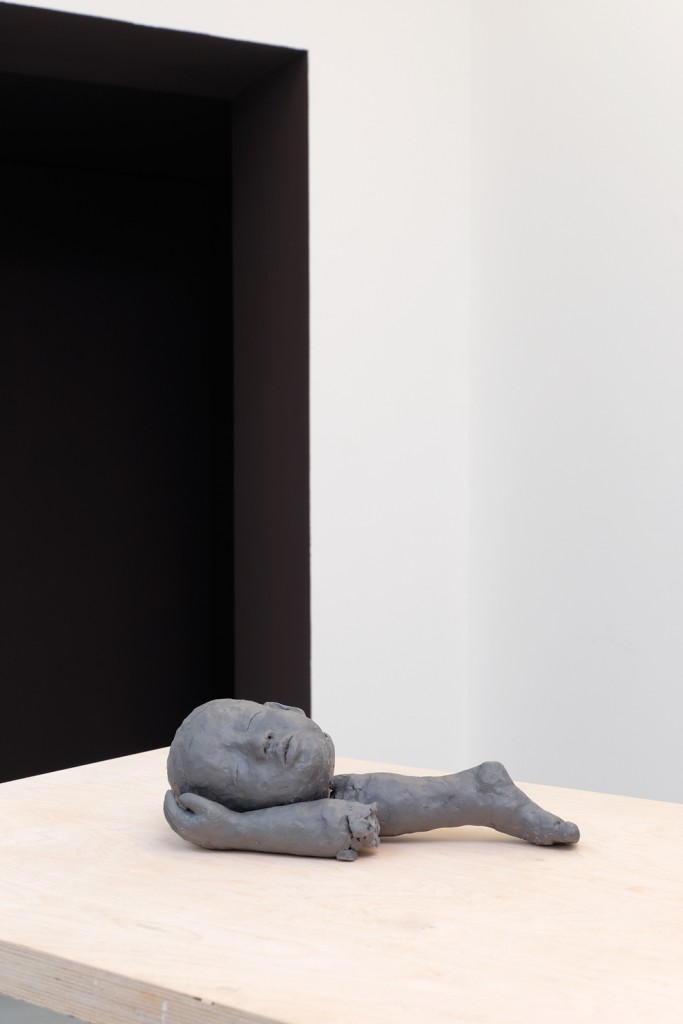
Meiro Koizumi, Theory on the Desk from Kadist Paris on Vimeo.
